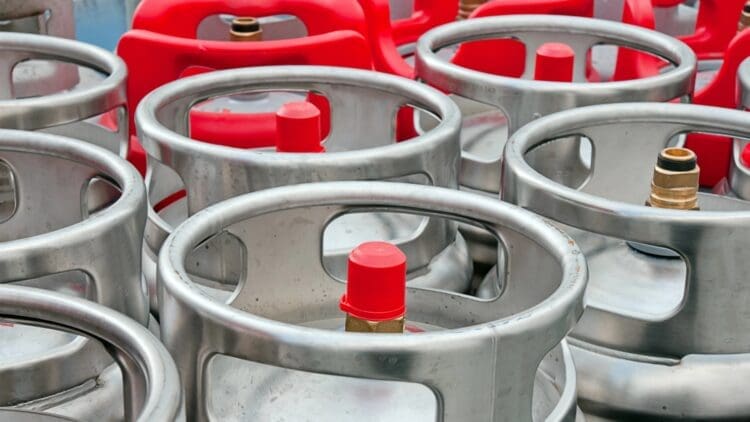The South American continent has become a tough place to do business. Argentina has reported that it has began supplying gas to its neighbor, Brazil, via a long and ardous pipeline through Bolivia, however, Bolivia has placed a price on the transportation of the essential gas through its territory. The three nations have had a temultous relationship at the best of times. Brazil has been consumed by the political situatuion that has seen its former President being convicted and sent to jail, while Argentina has the worst economy in the world.
Argentina’s PulsPetrol has sent its first gas to Brazil to test operational viability
The vast majority of the world are turning away from teh conventional gas sector in favor of the untapped power of wind, solar, and nuclear. According to the Brazilian Energy Balance Summary Report 2020, Brazil’s gas consumption sat at around 12%, while local gas production stagnates, the nation has turned to Argentina to import the essential gas for its energy needs.
Argentina’s PlusPetrol has reported that it has began exporting LNG from Vaca Muerta in the Neuquén basin, through Bolivia, to Brazilian company Petrobras Operaciones SA (POSA). POSA has noted that it imported 100,000 cu m of gas so the companies could test the commercial and technical efficiency of the operation.
Under current terms of the commercial and operational contract, which are subject to change at the drop of a hat, Petrobras can import as much 2 million cu m/day. The Brazilian company has a vested interest in the operation being a success as it holds a 33.6% non-operated interest in the Rio Neuquén field in the provinces of Rio Neuquén and Rio Negro.
In December of last year, Argentia’s PlusPetrol noted that it had acquired a majority stake in several strategic blocks in Vaca Muerta, including:
- Bajo del Choique-La Invernada
- Los Toldos I Sur
- Los Toldos II Oeste
- Pampa de las Yeguas
Argentina aims to boost gas sales to Brazil by 2030, despite the high transit fees imposed by Bolivia
Argentina has publically noted its plans to expand gas sales to Brazil by the end of the decade. However, it will need to naviagate the high transit fees imposed by Bolivia, which is aiming to be sort of a man in the middle.
Daniel Ridelener, director general of Transportadora de Gas del Norte, a gas transporter in the north of Argentina, has noted that if Bolivia is unwilling to negotiate its exorbitantly high transit fees, the operation may be forced to search for an alternative transportation route.
“This final price doesn’t depend so much on Argentina, but on Bolivia and Brazil.” – Daniel Ridelener, director general of Transportadora de Gas del Norte
While the global midstream gas sector faces significant delays due to bottlenecking issues, the gas sector in South America is alive and kicking. Bolivia currently charges $1.40-$1.90/MMBtu to move the gas through 1,200 km of its territory from Argentina to Brazil.
The three nations will need to negotiate a better deal that benefits all while promoting cooperation in the sector
The deal is moving forward, however, the exceedingly high transit fees that have been imposed by Bolivia may force Argentina and Brazil to look elsewhere for an alternative route to transport the gas. While the vast majority of European nations are phasing out Russian gas due to the ongoing war in Ukraine, the aforementioned South American nations are looking to local expertise and transit methods to strengthen the gas sector across the continent. We all are acutely aware of the need to phase out the reliance on gas and coal to meet decarbonization goals, however, Brazil and Argentina need a financial boost to recover from their political and economix issues respectively.





